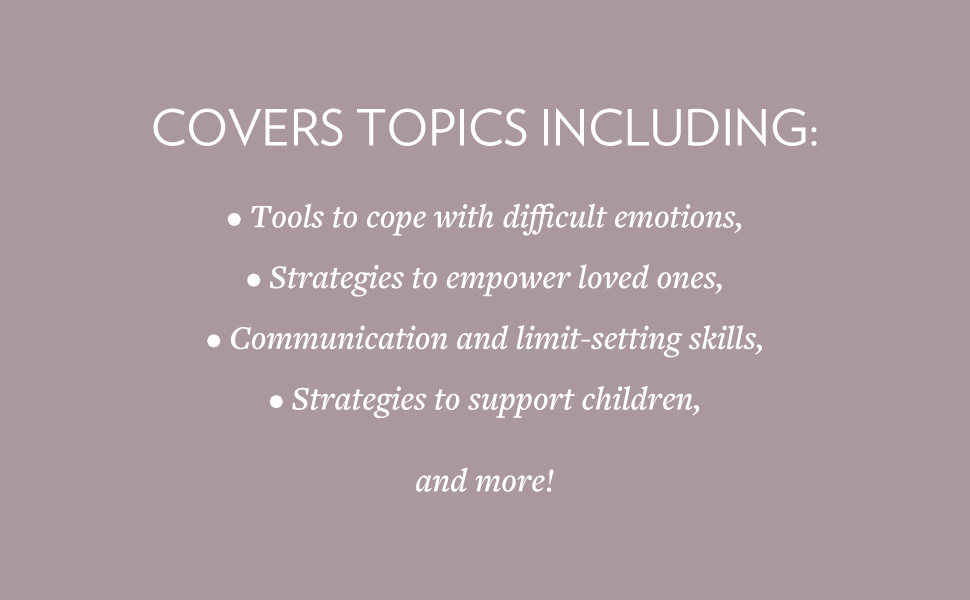
Johns Hopkins UniversityEst. 1876
America’s First Research University
Supporting Our Loved Ones: A Guide to Navigating Mental Illness and Trauma

When someone we love is living with a mental illness or has endured trauma, it can feel like we're on an emotional rollercoaster. Balancing compassion with our own well-being is challenging, yet it’s a journey many of us take daily. In their new book, Loving Someone with a History of Trauma or Mental Illness, Michelle Sherman and DeAnne Sherman offer a compassionate roadmap for navigating these complex relationships with empathy, strength, and self-awareness.
This book is a lifeline for family members and friends supporting loved ones through conditions like depression, anxiety, bipolar disorder, schizophrenia, and PTSD. The authors' goal isn’t to offer easy answers but to instead validate the experiences of caregivers and equip them with practical tools for coping, communicating, and setting boundaries.
Readers will find themselves welcomed into a space of understanding, where their feelings of confusion, exhaustion, and even resentment are acknowledged without judgment. The book encourages reflection through interactive activities and self-assessments designed to help readers process their own emotions and strengthen their resilience. The authors recognize the unseen emotional labor involved in supporting a loved one with mental illness.
The book draws on evidence from cognitive-behavioral therapy and acceptance and commitment therapy to provide actionable advice. Through interactive elements like surveys and writing exercises, readers are invited to write, reflect, or engage in creative expression, recognizing the therapeutic power of storytelling and introspection. Written by a mother-daughter team with both personal and professional experience, Loving Someone with a History of Trauma or Mental Illness balances heartfelt empathy with grounded guidance.
The book's message is clear: caregivers deserve to feel seen, supported, and empowered to build healthier, more compassionate relationships. Whether you're navigating a loved one's complex mental health journey or seeking ways to process your own emotions, this book is a valuable resource. It offers not just hope, but tangible strategies to manage the ups and downs of loving someone with trauma or mental illness—at your own pace, in your own way.








